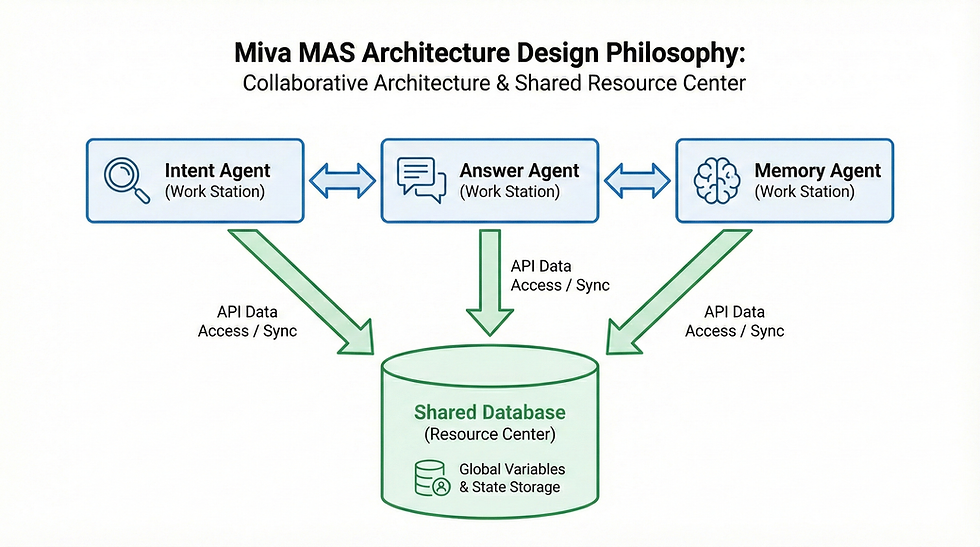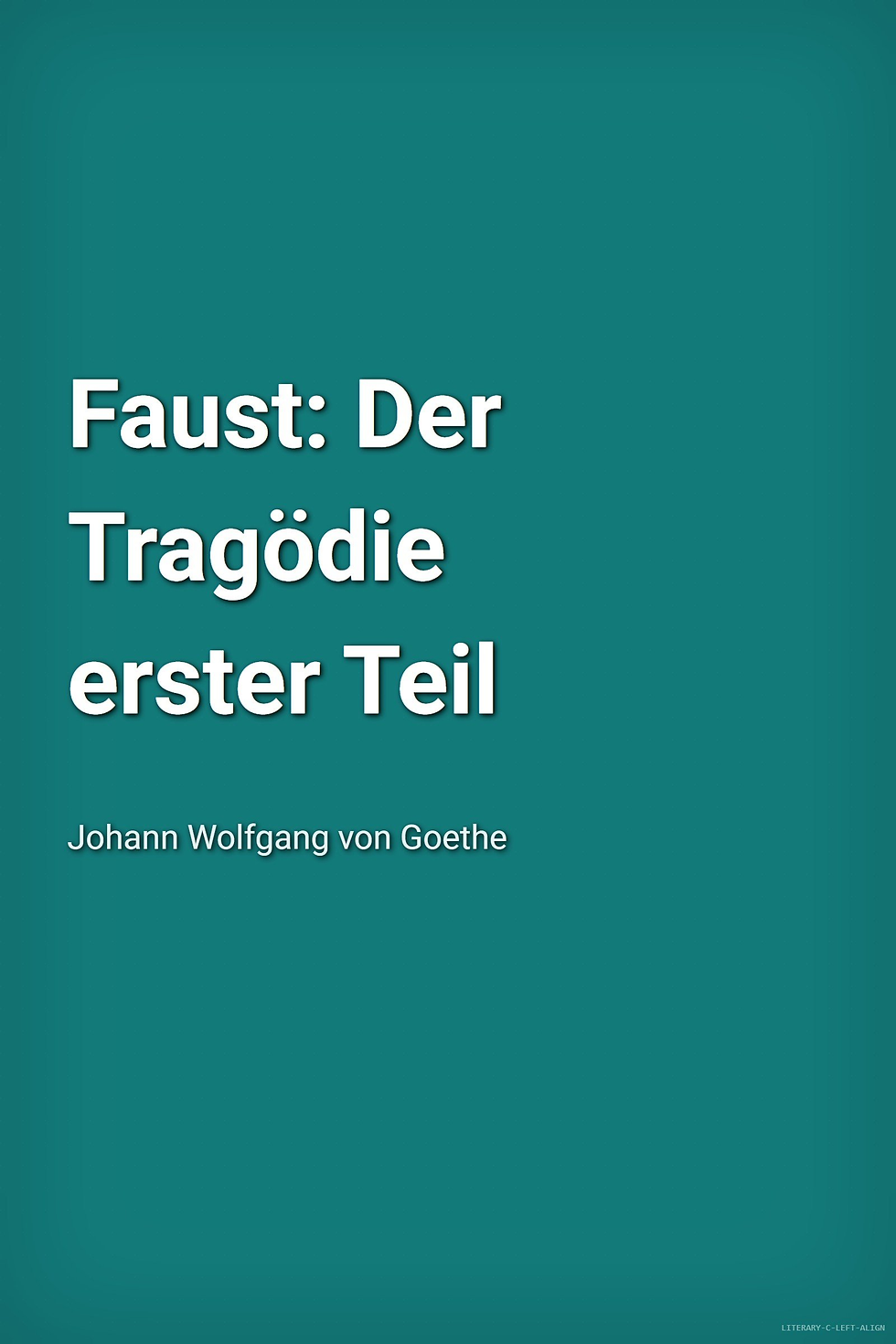IntelliBooks Streaming Books! The AI & Copyright Debate
- BookAI

- Mar 1
- 4 min read
AI, Streaming, and the Next Revolution in Publishing
In the digital age, streaming technology has expanded from music and film into multiple realms, influencing the publishing industry as well. Historically, music enthusiasts had to buy records or CDs. But thanks to streaming platforms and widespread mobile devices, we’ve seen a paradigm shift in how people consume content: now, subscribing to a streaming platform offers instant access to an enormous library of music and video. Consumers have grown accustomed to enjoying services anytime, anywhere, based on their preferences.
AI is sparking a new industrial revolution, prompting questions about whether it infringes on publishing copyrights or, alternatively, whether it could help the industry explore deeper integration of AI technology. By drawing parallels with how streaming subdued music piracy and spurred growth—and then connecting these lessons to the recent AI-driven intellectual property debates—this piece examines how the publishing industry might enter its own “third industrial revolution.” Finally, it introduces the concept of “Intelligent Books” (IntelliBooks) as an example of a “Third Publishing” model, imagining what lies ahead.
How Streaming Curbed Piracy & Fueled 1.8x Growth
In the early 2000s, illegal file-sharing platforms fueled rampant digital piracy, causing severe downturns in the global music industry, with annual losses exceeding US$7 billion. In 2006, Spotify provided a revolutionary solution by combining streaming technology with subscription services. The sheer wealth of on-demand music made piracy less economical, far less convenient, and simply unappealing. These platforms met consumer needs so effectively that piracy dropped, revenues climbed, and new forms of monetization followed.
Data from over 1,300 record labels worldwide, compiled in the 2024 International Federation of the Phonographic Industry (IFPI) Global Music Report, shows how streaming fundamentally changed the industry. Global music revenues hit a low of US$15.7 billion in 2010 but rebounded to US$28.6 billion in 2023, an increase of 1.8 times. Streaming alone accounts for 62.8% of industry revenue, fueling nine consecutive years of growth.
Rebuilding via Streaming: Global Consumer Shifts
According to IFPI’s Global Music Report 2024, the impact of streaming can be grouped into three main areas: the economic, the ecosystem, and the cultural.
Economy RebuildStreaming technology and innovative business models helped the industry rebound, driving worldwide growth to record highs. Crucially, it established a sustainable commercial framework, with streaming boosting revenue across different types of music.
Ecosystem RebuildLegitimate, high-quality streaming services have overshadowed piracy, and once consumers get used to paying for premium content, total revenue rises. This shift not only grows the pie but also reshapes how the entire system works.
Cultural RebuildNotably, streaming hasn’t suppressed physical music like CDs or vinyl. IFPI data shows that physical music sales grew 13.4% in 2023—its third straight year of growth—and now represent 17.8% of the total market. Far from wiping out physical formats, streaming has created a large, diverse cultural landscape that allows both digital and physical music to coexist across different listening scenarios.
Publishing’s Losses: eBook Piracy & AI Infringement
A 2017 Nielsen consumer study in the United States revealed that eBook piracy costs publishers US$315 million annually. The typical demographic includes everyday readers, students, and professionals—70% of whom have at least a college or graduate degree, are aged 30 to 44, and have household incomes between US$60,000 and US$99,000. In Taiwan, a 2019 study found that factors like collective sharing, confidence that offenders won’t be caught, and a sense of community can drive people toward eBook piracy. As of late 2024, large-scale eBook piracy websites remain a major challenge for publishers globally.
Today, AI’s rapid development also raises complex issues for publishing. Publishers worry about large language models (LLMs) using copyrighted data for training without permission. In September 2023, the Authors Guild and 17 prominent writers filed a class-action lawsuit against OpenAI and Microsoft, claiming ChatGPT was trained using their works without authorization. Meanwhile, social media chatter indicates tools like Google NotebookLM and ChatGPT have increased demand for pirated eBooks, as users want to speed-read and generate reading notes more efficiently.
LLMs: Publishing’s Third Revolution
Publishing, at its core, is about spreading ideas and knowledge—bridging authors and readers so ideas can transcend time and space. But until recently, language barriers and fixed formats have constrained that flow. Now, large language models are driving a new publishing revolution. Five centuries after Gutenberg’s printing press and decades after the Internet’s rise, we still rely on static PDFs, e-books, or proprietary platforms to distribute content.
In Taiwan, meanwhile, publishers have faced a stark drop in revenue, from NT$36.7 billion in 2010 to NT$18.6 billion in 2022—a nearly 50% decline—due to Internet competition, digital piracy, and underdeveloped consumer habits around paid content. LLMs could power a “third industrial revolution,” providing personalized, dynamically updated knowledge for each user, crossing language barriers and letting knowledge flow in new, flexible ways. This new model might transform how we consume knowledge and could rejuvenate the global publishing ecosystem, echoing the game-changing effects of Gutenberg’s press and the Internet.
IntelliBooks: The Third Publishing
“Intelligent Books,” or what some call “The Third Publishing,” leverage LLMs to turn books into dynamic, interactive knowledge platforms. This new publishing model merges a “Sovereign Knowledge Map” (a system ensuring transparent content sourcing and copyright protection) with advanced language models. Based on a reader’s background knowledge or reading purpose, the system can “stream” personalized knowledge service in real time.
Since its launch in late 2024, BookAI’s internal data shows strong industry interest in this innovative model. It not only overcomes the constraints of traditional publishing but also—while safeguarding copyrights—transforms books into paid AI services. Readers gain a next-level tool to access and apply knowledge, driving deeper reading comprehension. With authors, publishers, and readers all standing to benefit, knowledge transmission can become truly sustainable. Intelligent Books exemplify this ideal in action.
Looking Ahead: A 7% Growth Vision
Reflecting on the last 20 years, streaming reinvented music consumption, delivering 1.8x market growth in just a decade. AI-driven streaming technology could similarly revive publishing revenues. Though AI may currently be in conflict with publishing over copyright, history suggests that each challenge can spark reinvention.
Technological advancement is inevitable, and AI will likely revolutionize the publishing world on a scale never before seen. At the heart of this upheaval lies the Intelligent Book, spearheading a radical evolution in how we produce and consume knowledge. By adapting lessons from music streaming, the publishing industry could achieve a new era of growth—perhaps hitting that coveted 7% annual compound growth rate.



Comments